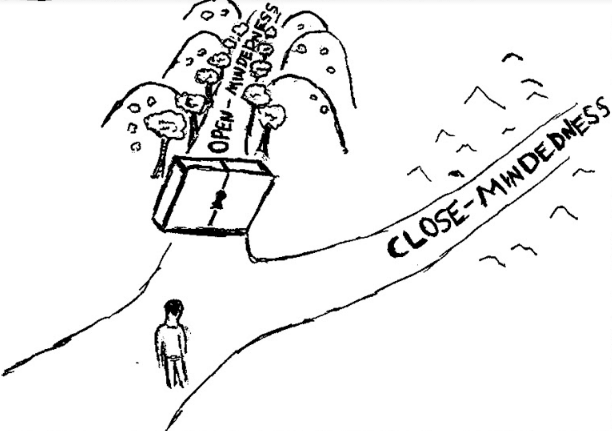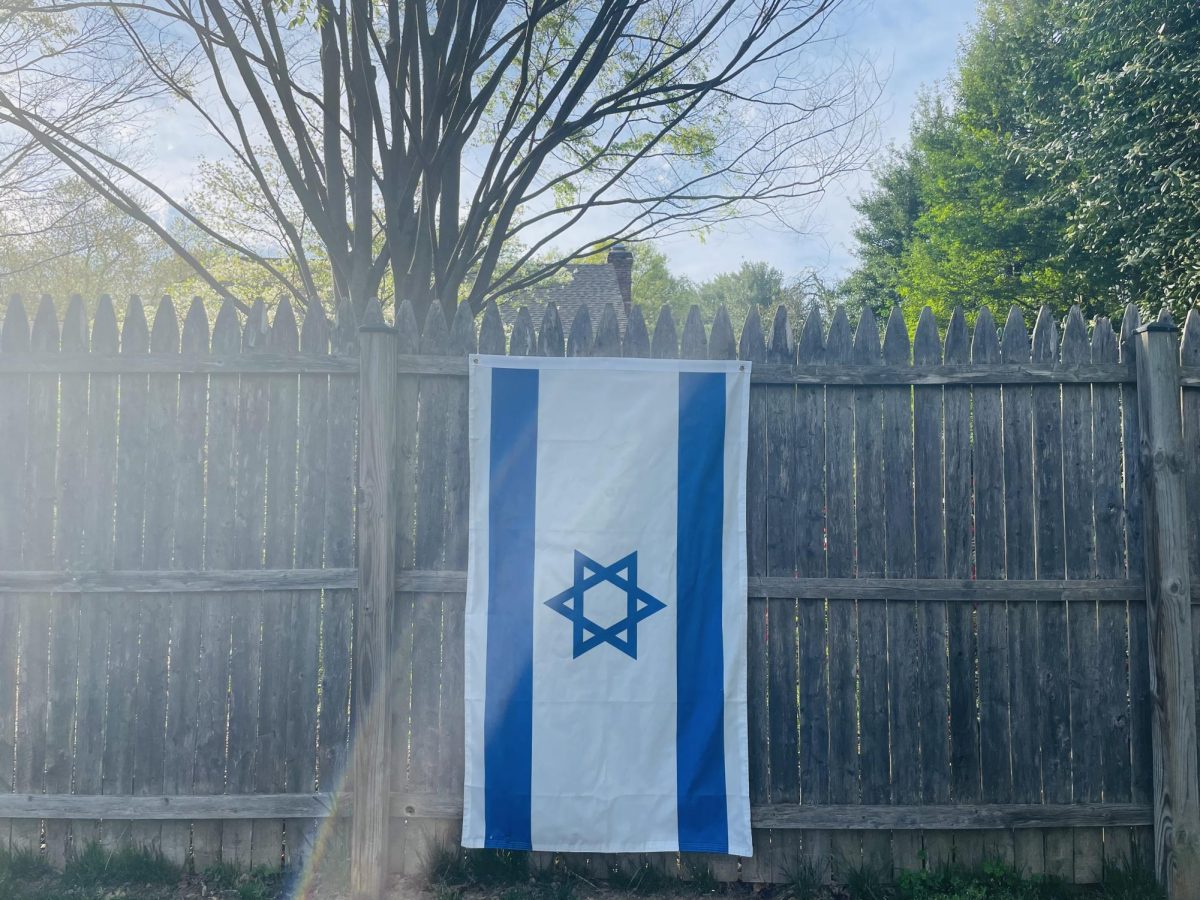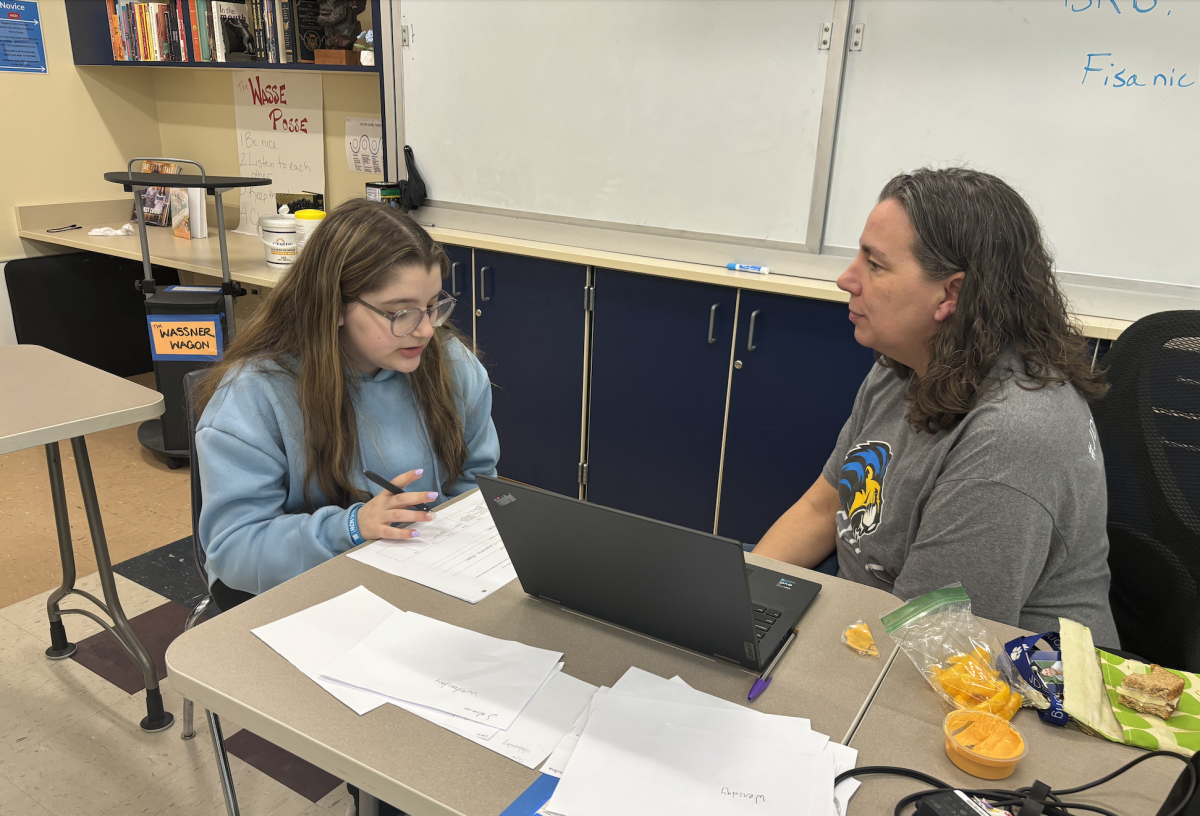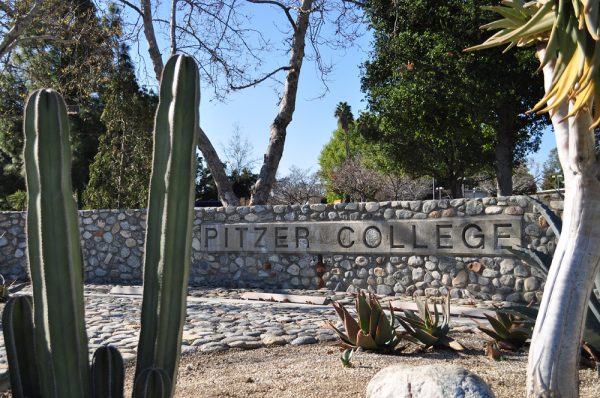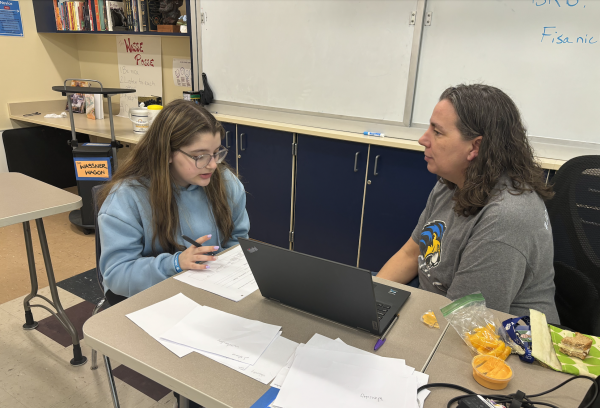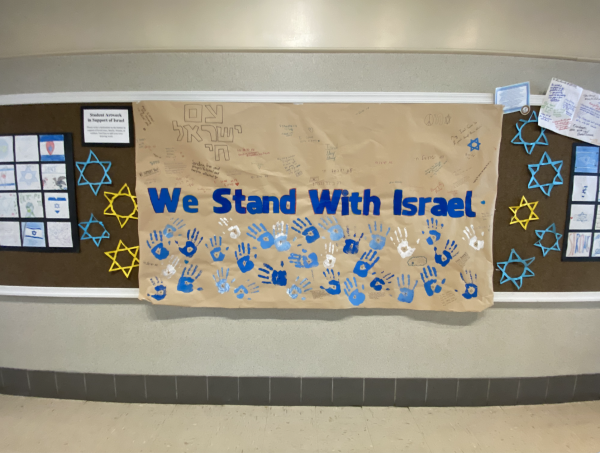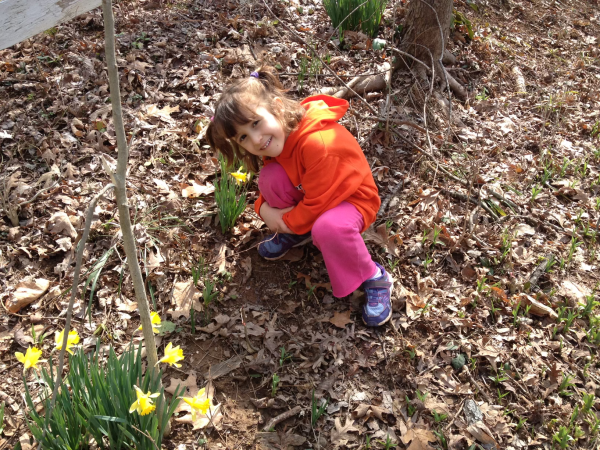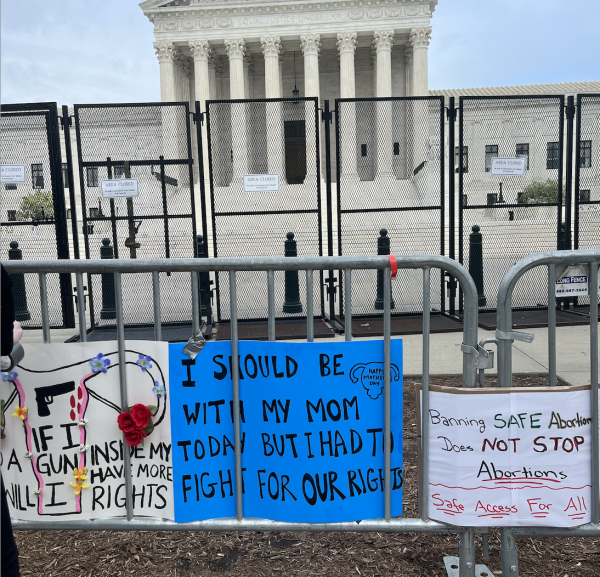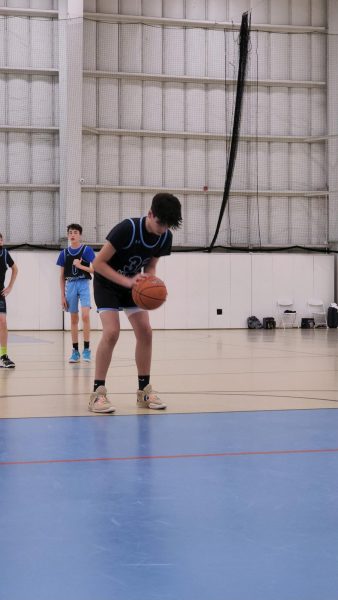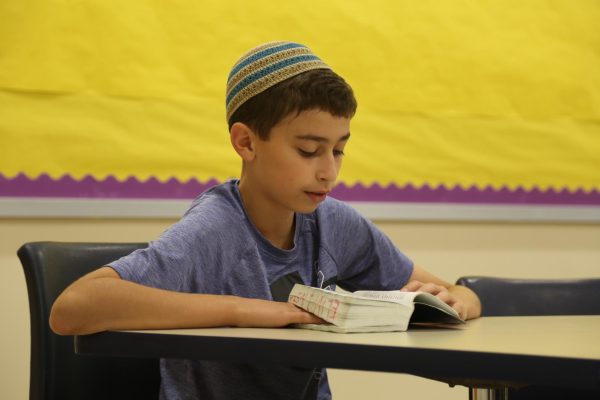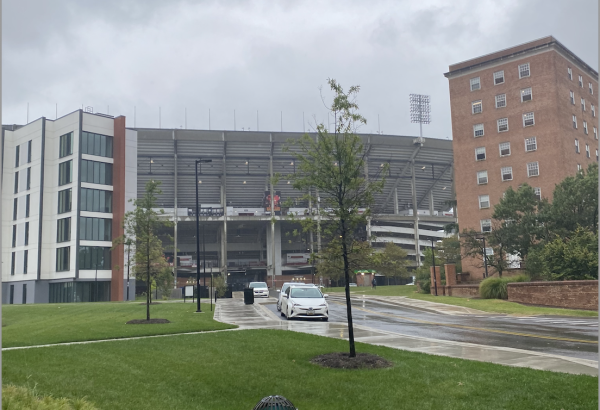Take the road less traveled: Combat political polarization
October 10, 2016
You know that it’s Donald Trump vs. Hillary Clinton. This election, however, is about more than just the candidates’ names. It is about education, healthcare, the economy and many other issues that are troubling our country. As students, many of whom will be voting in the coming years, it is our responsibility to understand candidates’ policies, beyond the opinions we hear at the dinner table or in passing conversation.
Students’ unwillingness to open themselves up to a variety of ideas perpetuates the phenomenon of political polarization. This term describes the current state of our nation, in which people are not only inching closer to opposite sides of the political spectrum, but the number of people in the middle of the spectrum is rapidly decreasing.
According to the Pew Research Center, “the share of Americans who express consistently conservative or consistently liberal opinions has doubled over the past two decades, from 10 percent to 21 percent.” Due to this shift in political landscape, the “amount of ideological overlap between the two parties has diminished.”
Political polarization creates contentious debate in the classroom, as students often take the side of their party without adequately recognizing the opposing opinion. In this way, political polarization also leads to a constant tug-of-war as opposed to productive dialogue.
In order to combat this issue of polarization, we need to put more time into understanding the ideas of others. Taking initiative can be as simple as reading or watching the news, or even engaging in respectful discussion with another classmate about important issues. At the same time, questioning your own beliefs and what you hear around you fosters productive political dialogue.
CESJDS provides many outlets to express one’s stances and learn from others. Organizations like Junior State of America, a student-run national club for politically interested high-schoolers, conduct debates that expose students to differing ideas. Debating political issues is important, because it requires students to study the opposing side’s arguments, and in turn question the validity of their own. The History and Jewish History departments also offer contemporary issues courses on American and Israeli politics, where students use a variety of sources and news outlets to become politically informed.
Listening to others’ opinions creates open dialogue that is not seen enough in our country. Just because our beliefs may be different does not mean that we have to butt heads with one another. Reducing the presence of political polarization must come from us, the new wave of voters, who are responsible for the future of this country.


